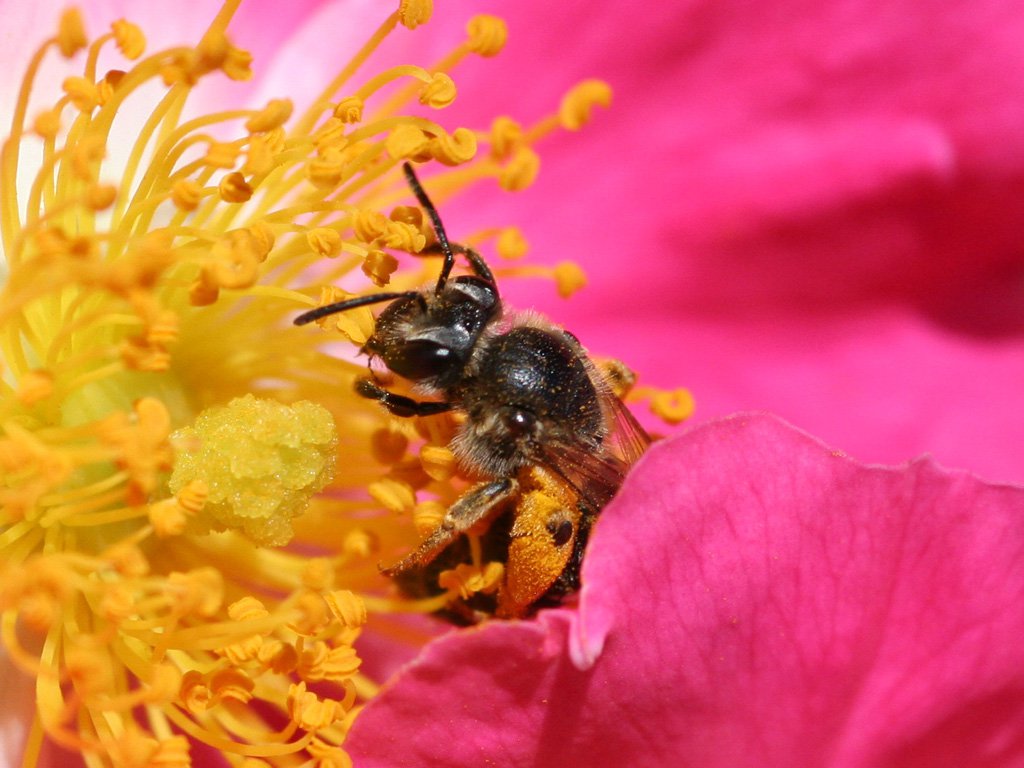The increasing global warming and climate change has already opened doors to many problems. To add to it, scientists at Hebrew University of Jerusalem in Israel have claimed that flowers may be losing their diverse and delicious fragrances due to increasing temperatures associated with global climate change.

What purpose does the scent serve?
Science teaches us that flowers produce scent to attract pollinating insects to the flowers’ reproductive organs and hence helping in their reproduction.
How do flowers produce scent?
To produce a scent, flowers assemble a mixture of dozens, and sometimes hundreds, of volatile substances from several biochemical groups.

How does Global warming affect flowers?
Increasing temperatures associated with global climate change are known to have a negative effect on plant growth. Scientists at Hebrew University have shown that increase in ambient temperature also lead to a decrease in the production of floral scents.
A research conducted by Alon Can’ani, a PhD student at Hebrew, has revealed that Petunia plants, grown at elevated temperature conditions, are significantly defected in production and emission of scent compounds.

He characterised the first gene (called PH4) that functions as a direct regulator of scent emission. When he manipulated the expression of this gene to a halt, Petunia flowers ceased to emit scent, but continued to produce it. This gene serves as a switch between two crucial floral traits – colour and scent.
The research was published in the journal Plant, Cell and Environment.
(With Inputs from PTI)
(Feature Image Source: Wikimedia)

















